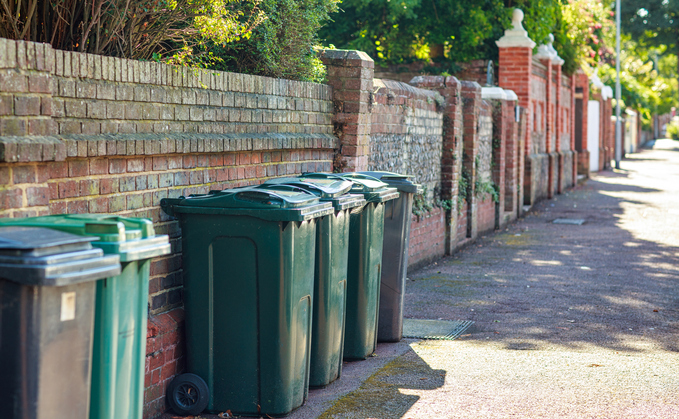
Credit: iStock
New plan to boost recycling rates would see all councils able to collect most dry materials in just one bin and mix garden and food waste together
Plans to simplify and better standardise waste and recycling collections have been unveiled by the government today, in a bid to help boost flat-lining recycling rates by "ending the confusing patchwork...
To continue reading this article...
Join BusinessGreen
In just a few clicks you can start your free BusinessGreen Lite membership for 12 months, providing you access to:
- Three complimentary articles per month covering the latest real-time news, analysis, and opinion from Europe’s leading source of information on the Green economy and business
- Receive important and breaking news stories via our daily news alert
- Our weekly newsletter with the best of the week’s green business news and analysis








